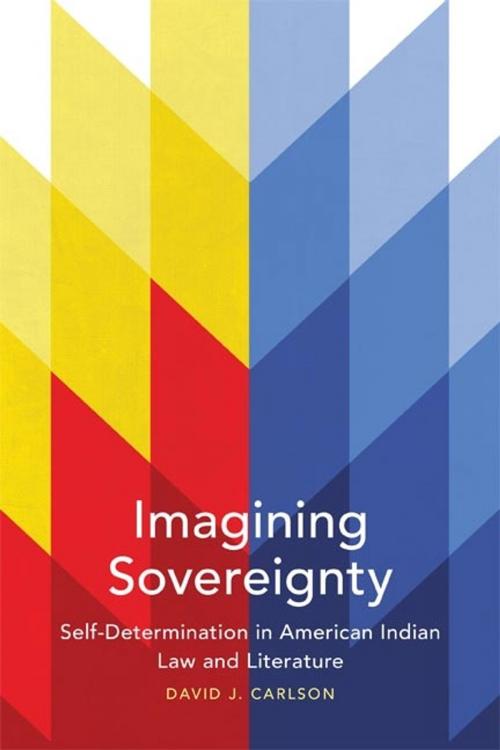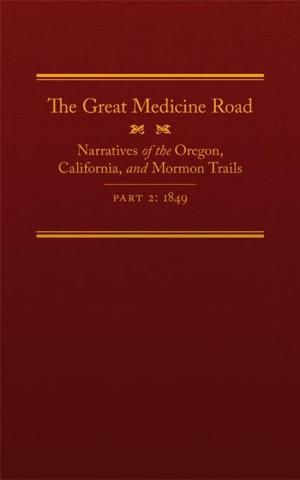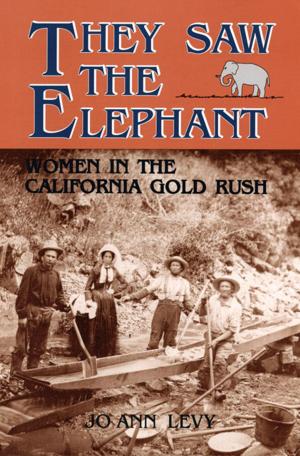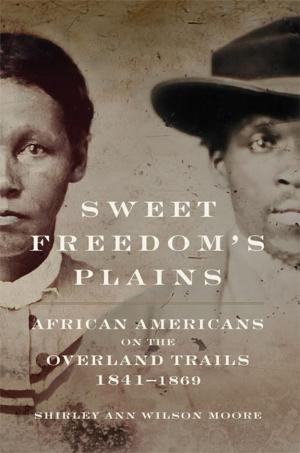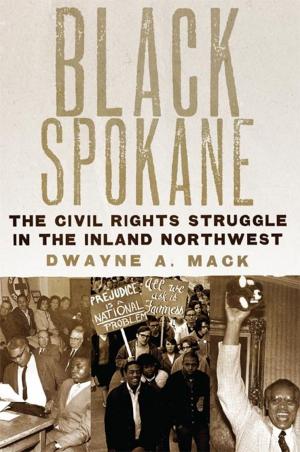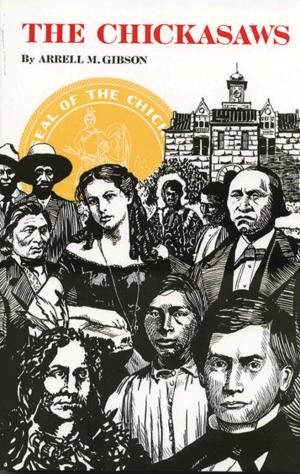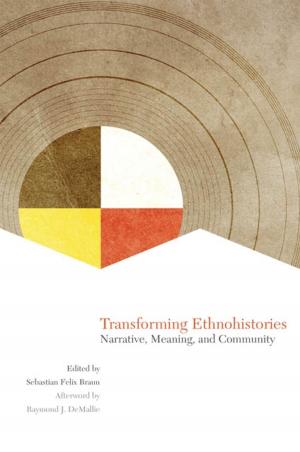Imagining Sovereignty
Self-Determination in American Indian Law and Literature
Fiction & Literature, Literary Theory & Criticism, Native American, Nonfiction, Reference & Language, Law| Author: | David J. Carlson | ISBN: | 9780806154480 |
| Publisher: | University of Oklahoma Press | Publication: | March 8, 2016 |
| Imprint: | University of Oklahoma Press | Language: | English |
| Author: | David J. Carlson |
| ISBN: | 9780806154480 |
| Publisher: | University of Oklahoma Press |
| Publication: | March 8, 2016 |
| Imprint: | University of Oklahoma Press |
| Language: | English |
“Sovereignty” is perhaps the most ubiquitous term in American Indian writing today—but its meaning and function are anything but universally understood. This is as it should be, David J. Carlson suggests, for a concept frequently at the center of various—and often competing—claims to authority. In Imagining Sovereignty, Carlson explores sovereignty as a discursive middle ground between tribal communities and the United States as a settler-colonial power. His work reveals the complementary ways in which legal and literary texts have generated politically significant representations of the world, which in turn have produced particular effects on readers and advanced the cause of tribal self-determination.
Drawing on western legal historical sources and American Indian texts, Carlson traces a dual genealogy of sovereignty. Imagining Sovereignty identifies the concept as a marker, one that allows both the colonizing power of the United States and the resisting powers of various American Indian nations to organize themselves and their various claims to authority. In the process, sovereignty also functions as a point of exchange where these claims compete with and complicate one another. To this end, Carlson analyzes how several contemporary American Indian writers and critics have sought to fuse literary practices and legal structures into fully formed discourses of self-determination. After charting the development of the concept of sovereignty in natural law and its permutations in federal Indian policy, Carlson maps out the nature and function of sovereignty discourses in the work of contemporary Native scholars such as Russel Barsh, Gerald Taiaiake Alfred, D’Arcy McNickle, and Vine Deloria, and in the work of more expressly literary American Indian writers such as Craig Womack, Elizabeth Cook-Lynn, Gerald Vizenor, and Francisco Patencio.
Often read in opposition, the writings of these indigenous authors emerge in Imagining Sovereignty as a coherent literary and political tradition—one whose varied discourse of sovereignty aptly reflects American Indian people’s diverse political contexts.
“Sovereignty” is perhaps the most ubiquitous term in American Indian writing today—but its meaning and function are anything but universally understood. This is as it should be, David J. Carlson suggests, for a concept frequently at the center of various—and often competing—claims to authority. In Imagining Sovereignty, Carlson explores sovereignty as a discursive middle ground between tribal communities and the United States as a settler-colonial power. His work reveals the complementary ways in which legal and literary texts have generated politically significant representations of the world, which in turn have produced particular effects on readers and advanced the cause of tribal self-determination.
Drawing on western legal historical sources and American Indian texts, Carlson traces a dual genealogy of sovereignty. Imagining Sovereignty identifies the concept as a marker, one that allows both the colonizing power of the United States and the resisting powers of various American Indian nations to organize themselves and their various claims to authority. In the process, sovereignty also functions as a point of exchange where these claims compete with and complicate one another. To this end, Carlson analyzes how several contemporary American Indian writers and critics have sought to fuse literary practices and legal structures into fully formed discourses of self-determination. After charting the development of the concept of sovereignty in natural law and its permutations in federal Indian policy, Carlson maps out the nature and function of sovereignty discourses in the work of contemporary Native scholars such as Russel Barsh, Gerald Taiaiake Alfred, D’Arcy McNickle, and Vine Deloria, and in the work of more expressly literary American Indian writers such as Craig Womack, Elizabeth Cook-Lynn, Gerald Vizenor, and Francisco Patencio.
Often read in opposition, the writings of these indigenous authors emerge in Imagining Sovereignty as a coherent literary and political tradition—one whose varied discourse of sovereignty aptly reflects American Indian people’s diverse political contexts.
